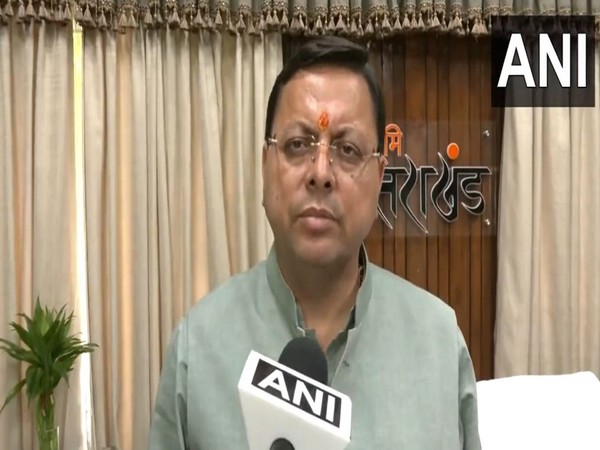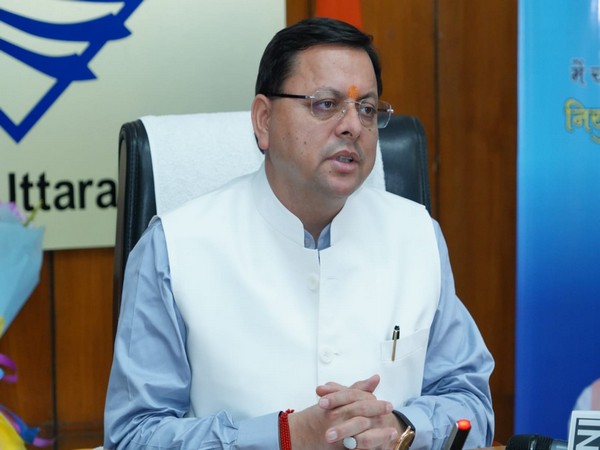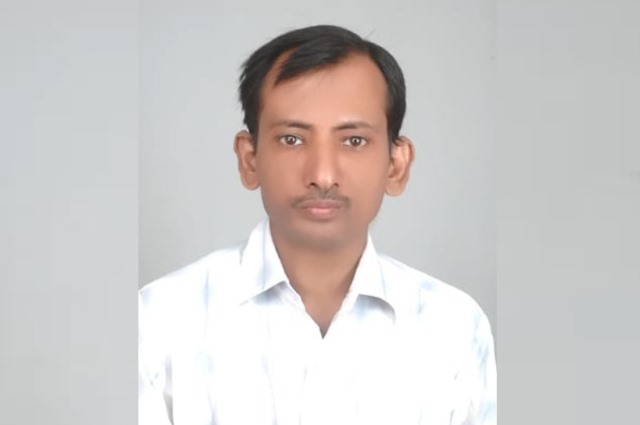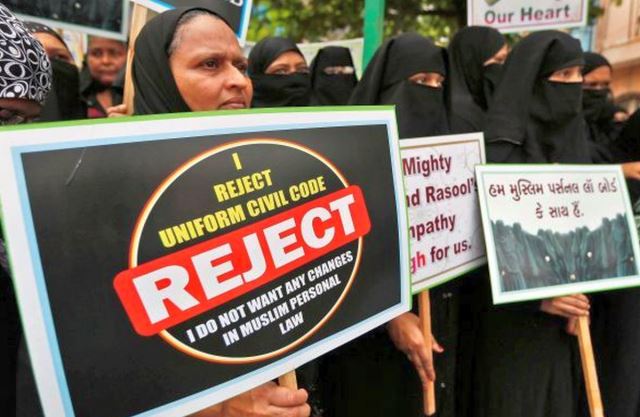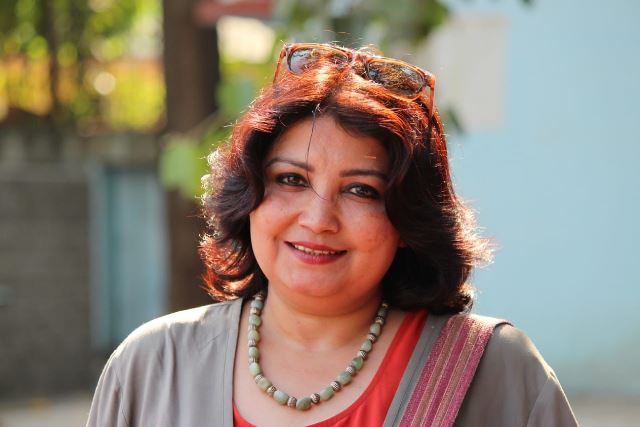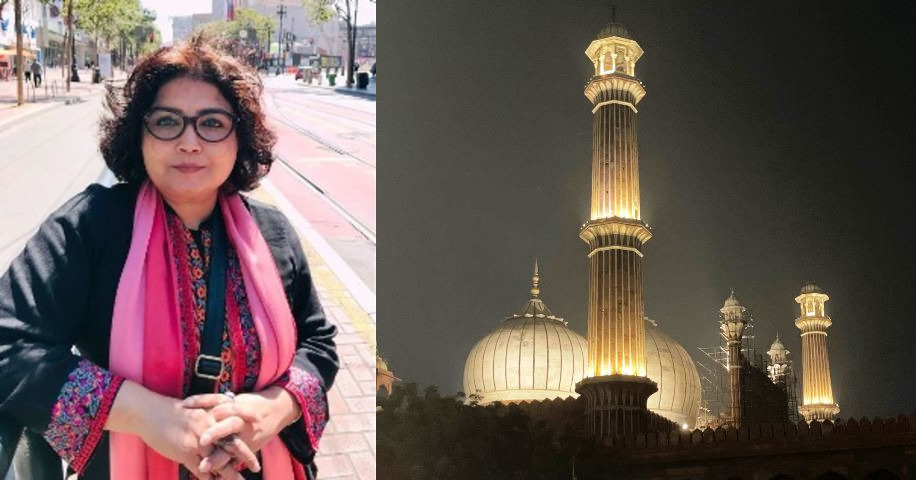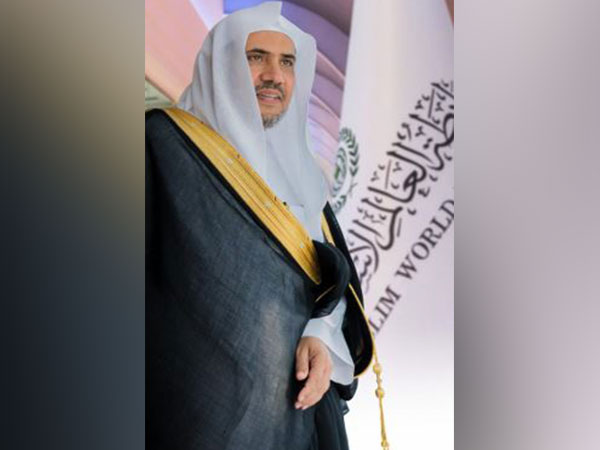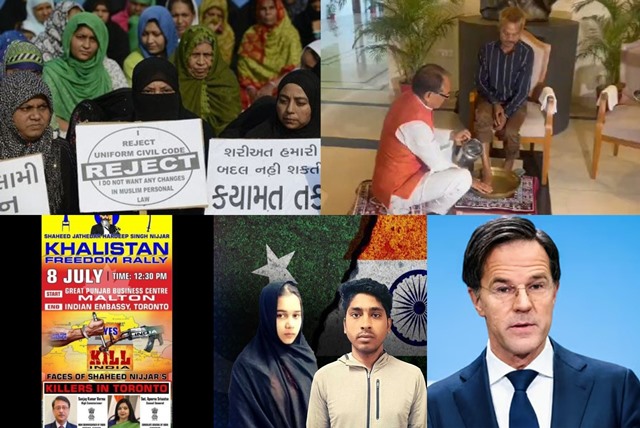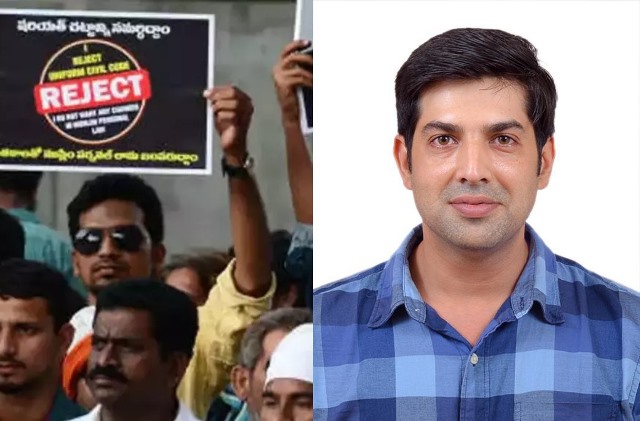It is likely that a Uniform Civil Code (UCC) Bill will be introduced in India’s Parliament when it convenes for its Monsoon session, which begins on July 20. The Uniform Civil Code (UCC) is a proposal in India to formulate and implement personal laws of citizens which apply to all citizens equally regardless of their religion, gender and sexual orientation. The UCC covers areas like marriage, divorce, inheritance, adoption and succession of the property. Article 44 of the Indian Constitution mentions the UCC as a directive principle of state policy. The objective is to promote gender justice and equality.
In late June, Prime Minister Narendra Modi mentioned the intention of adopting the UCC. According to him, it was not sustainable for the country to have separate sets of laws for different sections of the Indian community. He stressed the need for having a single set of laws for the entire country. However, the proposal has met with apprehension, opposition and dissent from various sections of Indians, particularly the minority Muslims who account for 15% of India’s population, and from Modi and his party, the Bharatiya Janata Party’s (BJP) political rivals. They argue that the UCC would impinge upon many Indians’ religious and personal freedom and rights.
The controversy around the UCC stems from the fact that India is a diverse country with different religious communities having their own personal laws based on their scriptures. Some groups oppose the UCC as they fear it would infringe on their religious freedom and identity, while others support it as they see it as a way to ensure uniformity and secularism in the country.
Muslims in India are governed by the Muslim Personal Law (Shariat) Application Act, 1937. This law deals with marriage, succession, inheritance and charities among Muslims. In many respects, such as womens’ rights, and divorce procedures, the provision of the Shariat differs widely from the civil laws that apply to non-Muslims, such as the majority community of Hindus who account for nearly 80% of the Indian population. The rights of women under Shariat are different, and construed by many as being restrictive and discriminatory.
The UCC is a complex and sensitive issue that is also divisive. In a country as diverse in terms of religion, language, and culture as India, the UCC requires debate and involves a fine balance between India’s constitutional values of secularism, plurality, equality, and justice.
The idea of implementing the UCC as India approaches the next parliamentary elections, scheduled for 2024, is seen as the Modi regime’s attempt to strengthen its base among the majority Hindu voters. The BJP in its election manifestos–at the national level in the past, and for recent state elections–has promised implementation of the UCC.
The BJP is aligned with right-wing politics, and its policies adhere to what is called Hindutva, interpreted as a Hindu nationalist ideology. The BJP has close ideological and organizational links to the Rashtiruíya Swayamsevak Sangh (RSS), which advocates a “Hindu Nation” and is opposed to Muslims and Christians. Hence, minority communities in India fear that a law that overrides those based on religious scriptures may be aimed at obliterating their practices and heritage.
On the flipside of that argument is the fact that some personal laws followed in India, say, among Muslims, can be interpreted to be at odds with India’s constitutional values and objectives of equality and freedom, particularly on the basis of gender.
While many Muslims feel that some policies adopted by the current regime, which has been in power since 2014, have been discriminatory (the Citizenship Amendment Act, the National Registrar of Citizens in Assam, and, the construction of a Hindu temple in Ayodhya, to cite a few), many provisions of the Shariat are viewed by many Indians, including those professing secularism and pluralism, as unrealistic and out of sync with modern society.
Mr Modi is right when he says separate laws to govern different communities based on their religious beliefs is unsustainable but implementing a UCC should be carefully undertaken. Religion is a sensitive issue in India and in recent years it has been the cause of serious divisiveness. It has led to the rise of hardline majoritarian spirits and, consequently, to apprehension and insecurity among India’s minorities. The 15% of India that is composed of Muslims accounts for 210 million people, a number much bigger than the population of many countries in the world.
That does not mean that all the provisions of Muslim personal law should be preserved–many of them are regressive and highly discriminatory. But when millions adhere to them, any move to change the laws that govern the system must be fraught with caution. Patience and public debate is needed on the path to a Uniform Civil Code.
Barbarism raises its head in India… yet again
A shocking video surfaced recently showing a man in the central Indian state of Madhya Pradesh urinating on a tribal worker. The urinating man, identified as Pravesh Shukla, was charged under the Scheduled Castes and Scheduled Tribes (Prevention of Atrocities) Act, a law that is aimed at protecting India’s historically oppressed communities. The authorities also demolished Shukla’s home, which was believed to be an illegal construction.
Later, the chief minister of the state, Shivraj Singh Chouhan, who belongs to the BJP, was shown in another video of washing the feet of the tribal man and then sitting down for lunch with him, ostensibly as a symbol of equality and non-discrimination.
The fact is that the caste system in India, decades after the Constitution was adopted and whose objectives as its preamble says, are to secure justice, liberty, equality to all citizens and promote fraternity to maintain unity and integrity of the nation, is still alive.
Although India has sought to dismantle caste-based discrimination through affirmative actions such as reservations in education and jobs and laws such as the prevention of atrocities Act mentioned before, the caste system still raises its ugly head and people from the so-called “lower castes and tribes” continue to face exploitation, persecution, and worse. People belonging to these castes were considered as members of the lowest class in the traditional Hindu social hierarchy and were believed to defile by contact with a member of a higher caste. In fact, they were known as “untouchables”, a term that is now considered offensive.
In the late 1880s, the Marathi word ‘Dalit’ was used by Mahatma Jyotirao Phule, a social activist and anti-caste reformer, for the outcasts and “untouchables” who were oppressed and broken in the Hindu society. Dalit in classical Sanskrit, this means “divided, split, broken, scattered”.
Despite the reforms, in Indian society the caste system lives on–no matter which economic strata you consider. Among the poor and dispossessed as well as the well-heeled and educated, the caste system is still in practice. When it comes to conventional norms, for example in arranged marriages, which account for the majority of Indian matrimonial alliances, it is common practice to insist on caste matches. And instances of discrimination on the basis of caste when it comes to employment or simple things such as renting a home are rife. The caste system is a blight that refuses to die down in India.
India condemns pro-Khalistan protests
On Saturday, Indian diplomats and Indian embassies and consulates in Canada, the US, the UK, and Australia, were preparing for a number of rallies dubbed as “Kill India” protests by Sikh separatists who have been demanding a separate Khalistan state in Punjab and want to raise funds for the terrorist Hardeep Singh Nijjar, who was killed recently.
Nijjar, born in Bhar Singh Pura in the Phillaur subdivision of Jalandhar in Punjab, migrated to Canada in 1997 after the quelling of Sikh militancy in Punjab. He later became the head of a Gurdwara there. In 2020 he was designated as a terrorist under India law. Last month Nijjar was killed by unidentified assailants in Surrey, Vancouver where the Gurdwara is located.
Sympathizers of the Khalistani movement believe Nijjar, 45, was killed because of his political beliefs. The protests are being organized against his killing and against the Indian government. Several Sikh radicals have called the Indian diplomatic establishments in Canada “war zones”.
Canada has around 770,000 people, or 2.1% of the population, who are Sikhs, according to the country’s latest census. A small but influential number of these Sikhs support the idea of Khalistan.
The Indian government has condemned the protests and urged the governments of Canada and other countries where they are being organized to crack down on the activities.
When the virtual becomes reality
PUBG is a virtual online player versus player shooter game in which up to 100 players fight in a sort of deathmatch where the players fight to keep alive. It is an unlikely arena for cross-border romance but that is what happened recently. Seema Ghulam Haider from Pakistan and Sachin Singh from India met while playing PUBG a few years ago. The connection turned into romance and Haider, a mother of four, soon illegally entered India and began living with Singh in Greater Noida, Uttar Pradesh.
Both Singh, 25, and Haider, 30, were arrested by the Indian authorities (Haider for illegally crossing over; and Singh for letting her stay with him). Both have professed their love for each other and have appealed to the Indian government to set them free to live together. Will the Indian authorities be sympathetic to them?
Dutch government falls
Last Friday, the Dutch government fell after failing to reach a deal on immigration policy. The four-party coalition led by Prime Minister Mark Rutte collapsed as two junior parties refused to support his proposals to limit the entrance of children of war refugees and to delay family reunification. Rutte said the coalition had lost its political foundation and tendered his resignation to the king. The move triggered new elections later that year.
Rutte’s government was formed just 18 months ago. His People’s Party for Freedom and Democracy has been under pressure with right-leaning factions within it pressuring him to limit the number of asylum seekers arriving in the Netherlands.
In many European nations, immigration has become a big political issue as more right-leaning parties gain prominence in governments.
